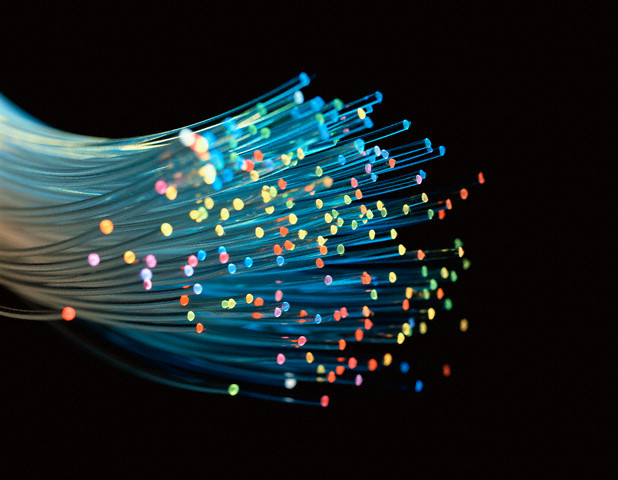
When choosing an internet connection, it can be difficult to decide between two popular options: fiber internet vs wifi. Both solutions offer advantages over traditional dial-up connections, but there are differences that can help you decide which is best for your needs.
Advantages of Fiber Internet
Fiber internet offers several advantages over wifi and traditional cable connections. For one, it’s much faster than either option, with speeds ranging from 25 Mbps to 1 Gbps. This makes it ideal for streaming media, downloading large files and playing online games without lag or buffering issues. Additionally, fiber internet is more reliable in areas where wifi reception is poor due to interference or geographic constraints. It also provides better security since private data isn’t transmitted wirelessly like with wifi networks.
Disadvantages of Fiber Internet
The downside of fiber internet is the cost—it’s more expensive than both cable and wifi. Additionally, fiber internet is not available in all areas; you typically have to be within a certain distance of a service provider to access it. Additionally, if there’s an outage on the fiber line, it can take longer to resolve than with other types of connection. These are all important factors to keep in mind when considering fiber internet over Wi-Fi.
Advantages of Wifi
Wifi is probably the most popular type of internet connection due to its convenience and affordability. With wifi, you don’t need any cables or external modems for setup—just plug in your router and you’re ready to go! Additionally, because wireless signals can travel up to 300 feet from their source (the router), it’s much easier to get online throughout your home without having wires running everywhere. Wifi is also usually cheaper than fiber internet, so it’s a more friendly option for those on a tight budget.
Disadvantages of Wifi
The downside of wifi is that its speeds are limited compared to fiber—typically you can expect about 10 Mbps to 50 Mbps depending on the router and other factors such as interference from competing wireless networks in the area. Additionally, since your connection is wireless, there’s always a risk of data interception if you’re not using strong encryption protocols. Finally, wifi isn’t reliable in areas where reception is poor due to environmental obstacles like walls or distance from the router.
Which Option Is Right For You?
When deciding between fiber internet vs wifi, consider your budget, the speeds you need, and the reliability of your connection. If you don’t mind spending a bit more for faster speeds and better security, fiber internet is your best bet.
AiNET is a trusted provider of online storage and fiber optic internet services, offering secure and scalable cloud storage solutions for businesses and high-speed, reliable internet connectivity. Visit AiNET to learn more.
